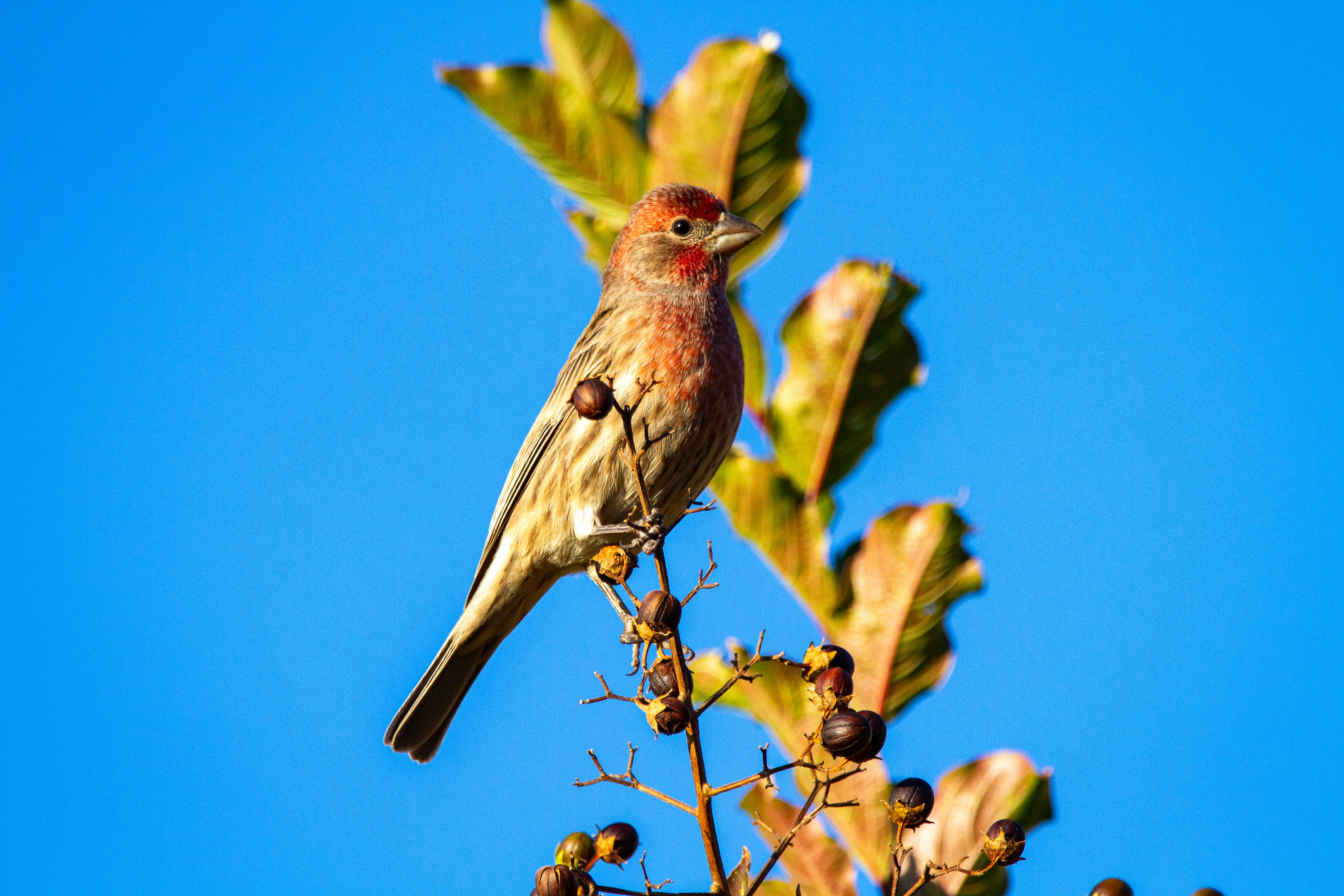Songbirds: Nature’s Original Musicians

Category: Birds | June 7, 2025
The enchanting melodies of songbirds have inspired poets, musicians, and nature lovers for centuries. But beyond their beauty, these songs are powerful biological tools—each note a message crafted for survival, territory, and love. Unlike simple calls used for alarms or navigation, true bird song is complex, learned, and often species-specific. These intricate vocalizations are typically performed by males, especially during the breeding season, and serve one of two main purposes: to attract mates and to ward off rivals.
Each species has its own song “language,” with some birds even developing regional dialects. Young songbirds don’t hatch knowing their tune—they learn it by listening to adult males around them, much like human children learn to speak. This ability to learn and reproduce sound is relatively rare in the animal kingdom and points to an advanced level of neurological development. Some species, like mockingbirds and lyrebirds, take it even further by mimicking the songs of other birds and environmental sounds, turning their repertoires into natural mashups.
Singing also reflects a bird’s health and fitness. A strong, complex, and consistent song suggests good genes and physical condition, making the singer more attractive to potential mates. But it comes with risks—loud singing can also draw predators. So when a songbird bursts into song at dawn, it’s making a calculated choice: the promise of reproduction outweighs the threat of danger.
Beyond function, the effect of bird song on humans is undeniable. Studies show that natural bird song can reduce stress, boost mood, and improve focus, making it a therapeutic force in both wilderness and urban life. Songbirds are more than just background music in the forest—they are nature’s original musicians, performing ancient symphonies that shape ecosystems, behaviors, and even human well-being.
🌴 Jungle Chatter
Most popular reactions:
No reactions yet.